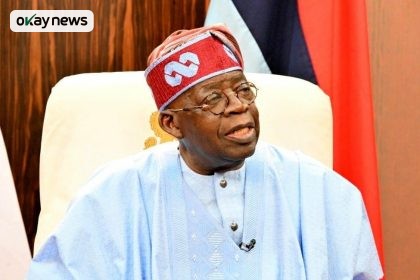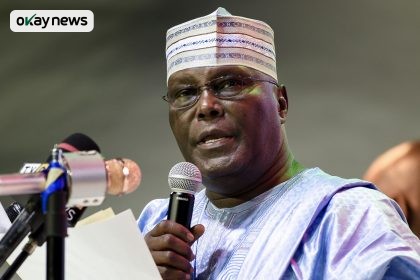Amid an intensifying debate over electricity pricing, commissioners overseeing energy in Nigeria’s 36 states have publicly expressed their willingness to engage with power distribution companies to set tariffs that are both cost-reflective and affordable for residents. This development follows the recent decision by the Enugu Electricity Regulatory Commission (EERC) to reduce tariffs for Band A consumers from N209/kWh to N160/kWh—a move that has faced opposition from power generation and distribution firms.
Power distributors have remained firm in their stance against negotiating with state authorities, warning that such actions threaten the stability and progress of Nigeria’s power sector. Conversely, EERC continues to uphold its tariff review, emphasizing its regulatory mandate under the Electricity Act 2023 to manage the sector locally.
The Nigerian Electricity Regulatory Commission highlighted that seven states—Enugu, Ondo, Ekiti, Imo, Oyo, Edo, and Kogi—now govern their electricity markets under the new law, while others like Lagos, Ogun, Niger, and Plateau plan to complete this transition shortly.
Prince Eka Williams, Chairman of the Forum of Commissioners of Power and Energy and Cross River State’s Power Commissioner, explained that while some states might financially support subsidized power, their primary goal is ensuring sufficient electricity supply. Drawing attention to the uniqueness of each state’s market dynamics, Williams said, “Each State Electricity Regulator is uniquely positioned to determine and implement appropriate electricity tariffs that are fair to customers and at the same time, catalyse investments within their electricity markets, depending on their peculiar electricity market dynamics, licensee cost structures, consumer needs, and regulatory assessments.”
When questioned on the capacity of state governments to support power subsidies, Williams cautioned, “There’s no one-size-fits-all approach…What’s important is that all stakeholders sit at the table to discuss these issues, taking into account the unique circumstances of each state.”
The Forum of State Commissioners responded to claims from power generation firms that tariff cuts like Enugu’s would severely damage revenue streams, labeling such warnings as unfounded. The forum affirmed its readiness to negotiate with distribution companies but noted that distributors themselves are resisting these talks, allegedly risking the recent gains in power supply.
Notably, states including Lagos, Ondo, and Plateau have shown interest in reducing tariffs, yet Enugu maintains its Band A tariff reduction scheduled for August 1, defending the decision as grounded in a thorough analysis of MainPower Electricity Distribution Company’s capital and operational costs.
The forum clarified that the reduction affects only the retail market in Enugu and does not disrupt wholesale generation or transmission tariffs managed by the Nigerian Electricity Regulatory Commission (NERC). They further highlighted that tariff adjustments in Enugu align with the Electricity Act 2023 and are based on detailed assessments, reaffirming that the tariff order is state-specific and not a precedent for others to follow.
On the contrary, the Association of Nigerian Electricity Distributors (ANED) issued a firm statement rejecting negotiations with states. Its CEO, Sunday Oduntan, warned, “We are not negotiating with the states. What they are doing will destroy the market…If this tariff cut continues in the states, everything will go back.”
EERC also reiterated that the tariff reduction does not affect generation costs and that MainPower can recover all efficient costs, citing a meticulous review process underpinning the new tariff. “EERC has no rationale or justification to keep Band A at N209” the commission emphasized.
Enugu’s regulator invited generation companies willing to engage in market-based contracts to develop power plants in the state, promising approval of Power Purchase Agreements that reflect true costs.
Meanwhile, Lagos State’s Commissioner for Energy, Biodun Ogunleye, lamented ongoing friction with distribution companies complicating tariff controls, noting a forthcoming announcement on Lagos tariffs.
Okay.ng reports this evolving scenario reflects a critical juncture for Nigeria’s power sector as states assert regulatory authority and seek sustainable tariff frameworks.







